|
My family lost my dear stepmother last week, wife and best friend of my dear dad. I am urged to write about the nature of loss and the loss of nature.
We are losing nature. The scale and pace of the loss of nature on earth is unprecedented. The last 100 years have shown massive loss of biodiversity, habitats, species, ecological systems and communities. The pollution of our earth’s air, waterways, oceans and soil has reached beyond measurable levels to encompass whole-ecology breakdowns. Plastic is now in the food chain. Industrial chemicals are affluent in mother’s milk. Ocean water contains mercury. Air quality is so rich in carbon dioxide, methane and nitrous oxide that the earth’s climate is warming. Clean water is sold in plastic bottles, and in cities around the world masks must be worn because the exhaust-filled air is un-breathable. Bees that pollinate our edible plants are dying and animals once threatened are now extinct or only live in zoos. Our planet’s polar ice caps are melting and ocean temperatures are rising. Pollution by carbon particles and plastic have peaked at the highest levels ever recorded in human history. Terms like deforested and desertification and pacific gyres have been invented to describe the annihilation of ecologies, the removal of forests, the mountains of litter in the ocean and the creation of deserts where once arable land thrived. The nature of these environmental crises are global. This is the loss of nature, and its remedy is what we call 'sustainability'. While this is happening a unique, lingual species watches in awe, naming these events, and then returns to business as usual. As nature constantly plies contamination away, seeks to break down toxins and stabilise systems to retain balance, human beings watch as the earth’s ability to compensate for our lives is drastically reduced. Is it impossible to lose nature? When I write ‘nature’, I refer to the seemingly automated earth-systems of air, water, soil, biodiversity and energy that create and maintain our world so that conditions are suitable for all of life. This nature provides ‘resources’ for all of humanity’s needs. Nature also deals with the waste we all produce on a microscopic and global scale - from plastic litter to methane. Nature, the whole of earth, has a certain capacity to do this; a capacity that is so miraculous it seems to have been taken for granted. However, nature is not unlimited in supply or capacity. We are in ecological debt. Global overshoot. Every moment, nature works overtime to cater for human needs. Every day we mine, dredge, cut down, fish, farm, pollute, burn, and throw away. Over the last 50 years, the consumption of nature by human civilisation has been using up nature’s capacity faster than those automated systems and cycles of nature can supply. Now, every year, the earth’s natural capacity to produce the resources humanity needs for the year will be all used up before the end of the same calendar year. We, as humanity, are literally using more than our planet can provide and faster than our planet can deal with. This is what is unsustainable. We can Google this, we can watch. We can hear about the consequences of this unsustainability in distant locations and on our doorstep; we can YouTube scenes of our polar ice melting and watch documentaries about methane blow outs or how our most beloved animal species are becoming forever extinct. But the loss of nature is not only the loss of distant wilderness, species and biodiversity, it is the loss of life as we have known it. The loss of nature around our world isn’t only external and surrounding us, it also marks an unprecedented loss of human understanding of our relationship with the nature of life and our own living. The loss of nature is played out through its removal and over-use but also, more subtly, through the removal of nature from our sense of civilisation and community. We have come to live as though we are not reliant on nature. We have come to truly believe we are independent. However, we can’t cook a meal without the support of plants, weather, bees or animals. Our reliance has been disguised by packaging and intellectual property, air-conditioned halls of commerce, super markets and sky scrapers, roads and real estate, concrete and car parks. However, we can’t survive without rain. The tick of time charts our calendars. Nature’s galactic switch of night and day guides our lives. We rely on the movements of the moon, not battery-operated clocks. However, we don’t live like this, do we? We live like we survive by the technology of our own initiative. We live in an inaccurate reality, an illusion, a dream. We have been taught to speak of nature as ‘wilderness’, ‘resources’ and ‘real estate’ as though it surrounds us, like a backdrop for human existence or something to own and possess. However, as long as we imagine nature as an external surrounding environment, our crucial dependency will carry on being concealed. When we lose something, or someone, we re-see value and re-member their beautiful presence in new ways. We notice how we forgot or took for granted. We see deeper levels of truth, beauty and value. We gain the wealth of hindsight and hopefully love even stronger. Loss is deep, and occurs as a mysterious absence of what was. We can feel both deeply connected and alone. Importantly, the value of loss is for us to make.
0 Comments
|
AuthorSally Jensen has a Phd and a passion for sustainability education. Her research found that understanding sustainability requires imagination. After 10 years a strange correlation between the loss of appreciation of imagination and an increase in environmental crisis has led to this blog, The Sustainability map and a life long goal to unwrap imagination, empower people and compile new ways of looking oat ourselves, each other and our relationship with nature. Archives
December 2023
Categories
All
|

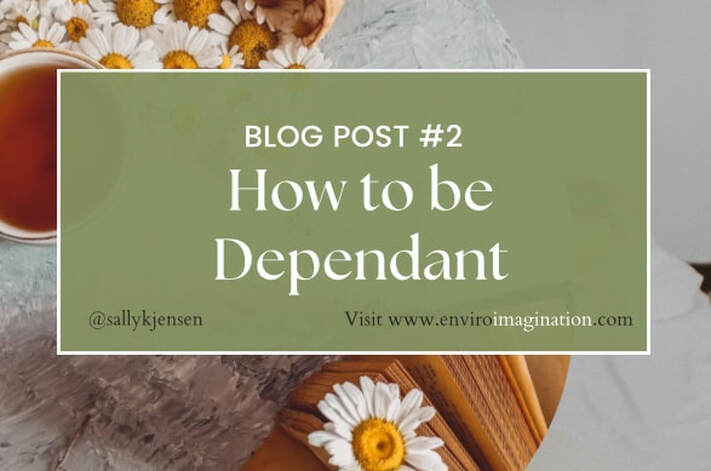
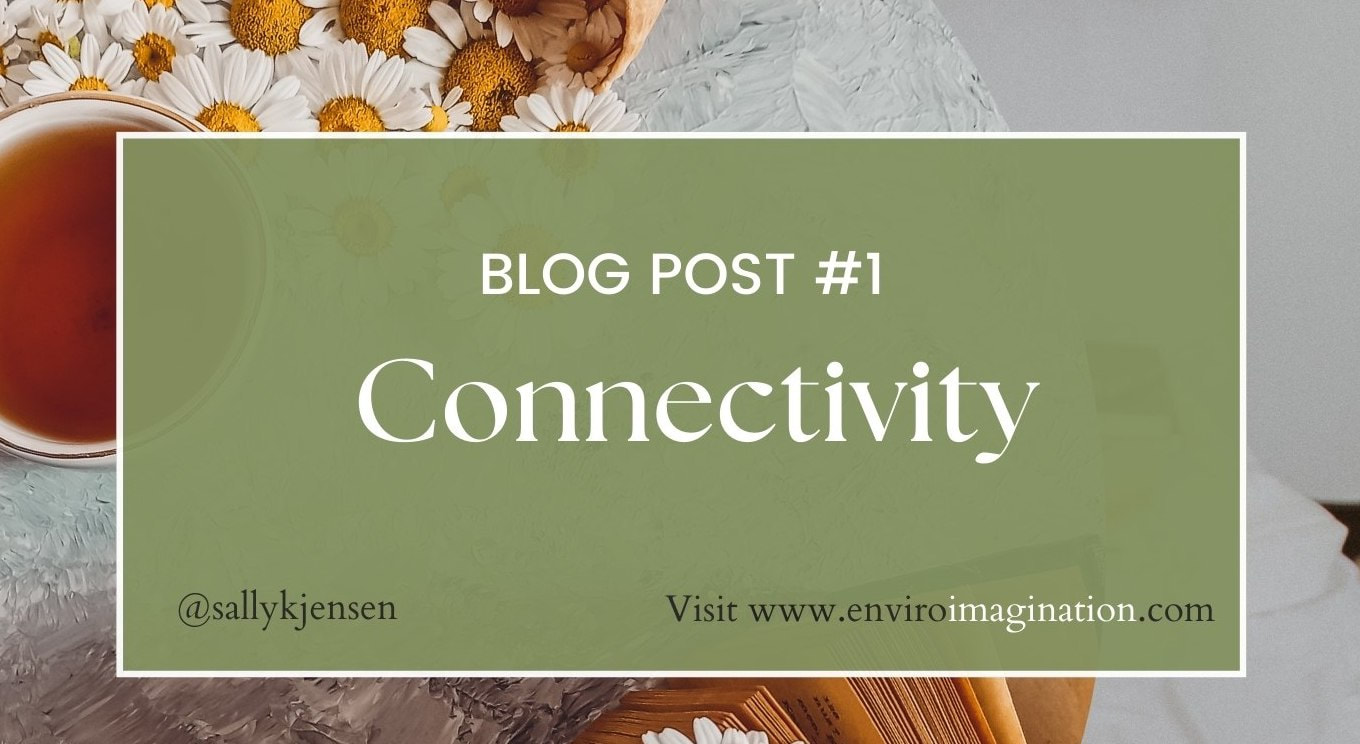
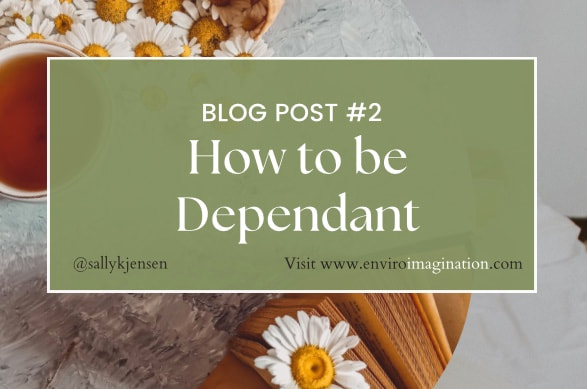
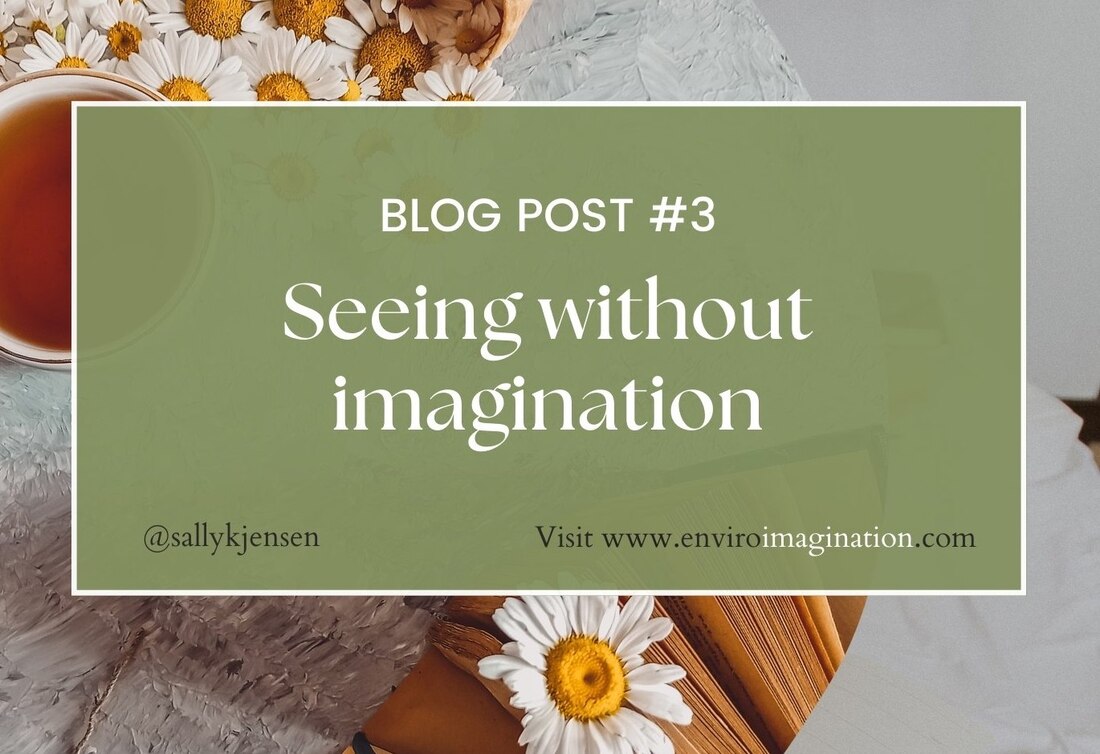
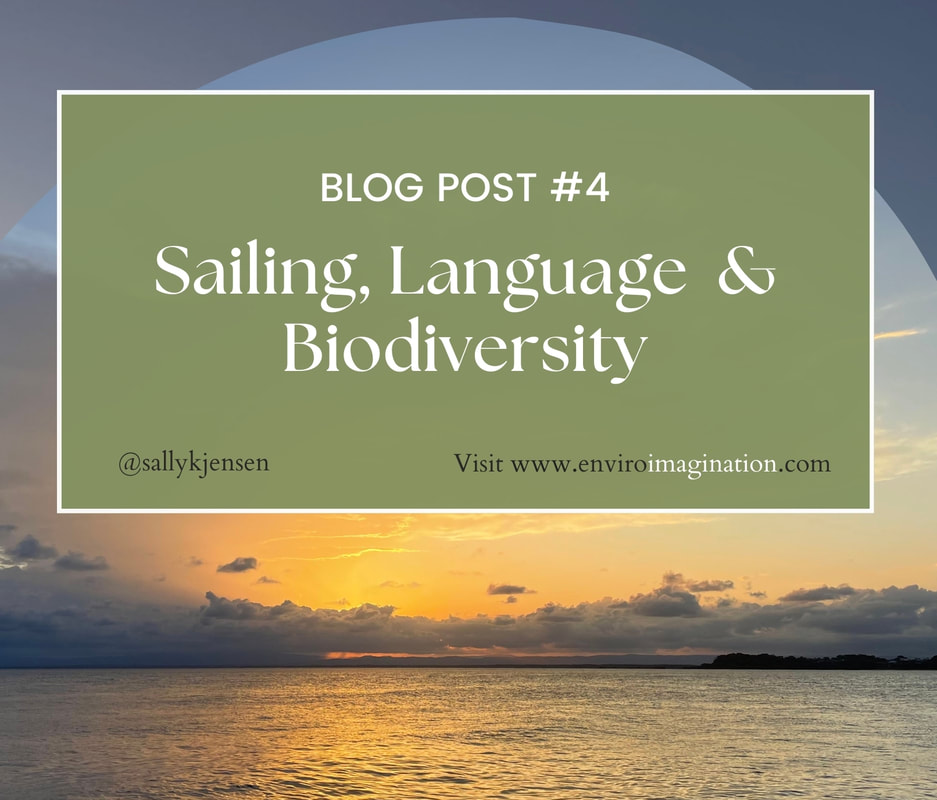
 RSS Feed
RSS Feed
